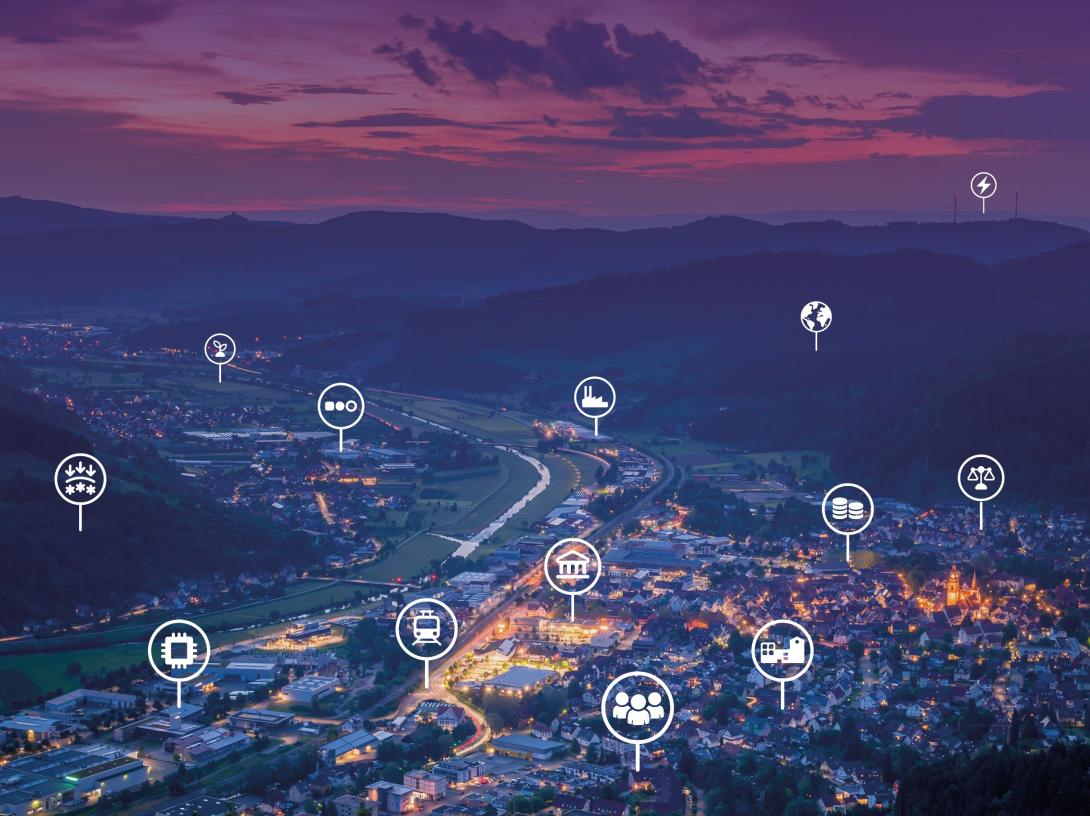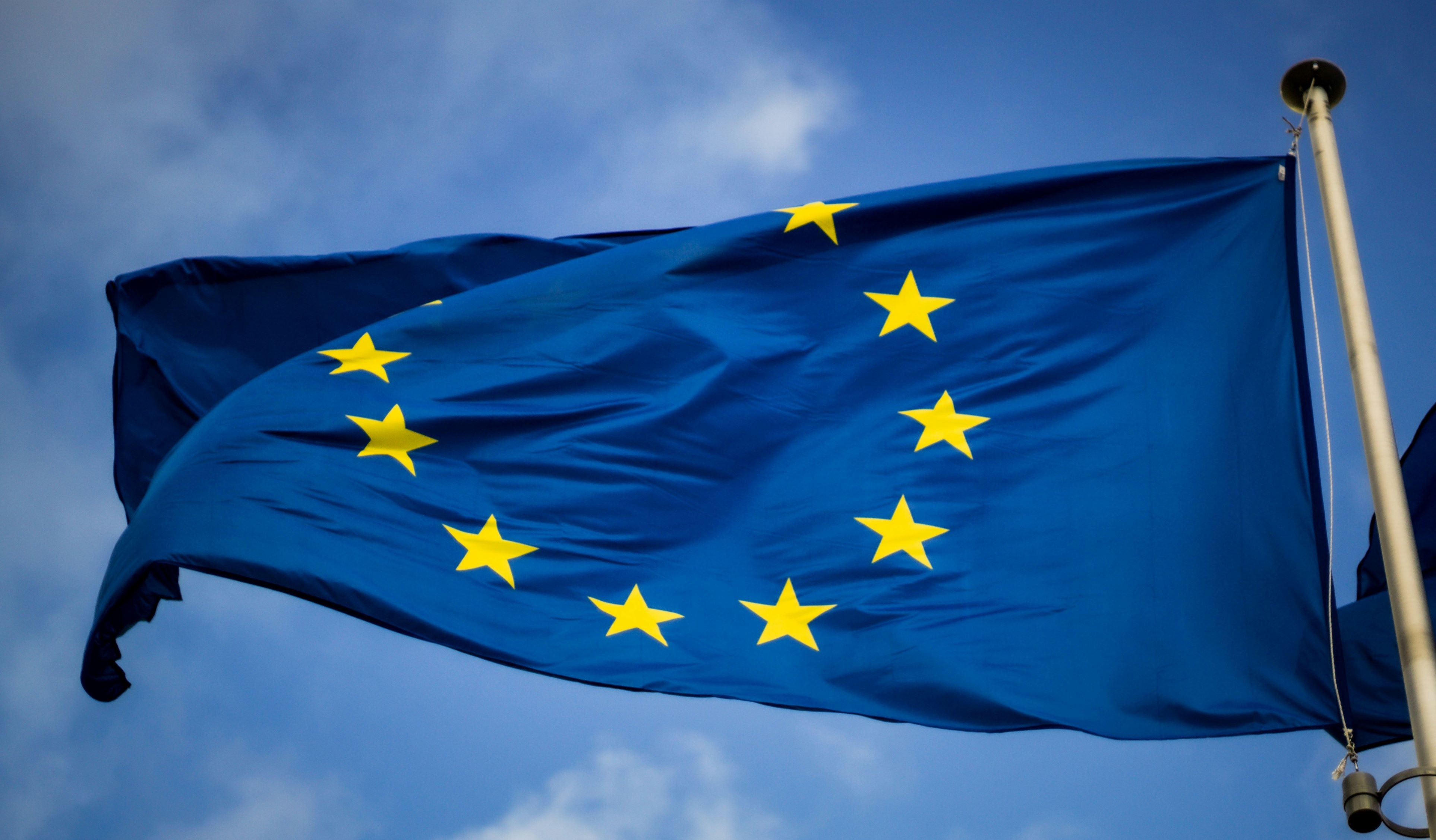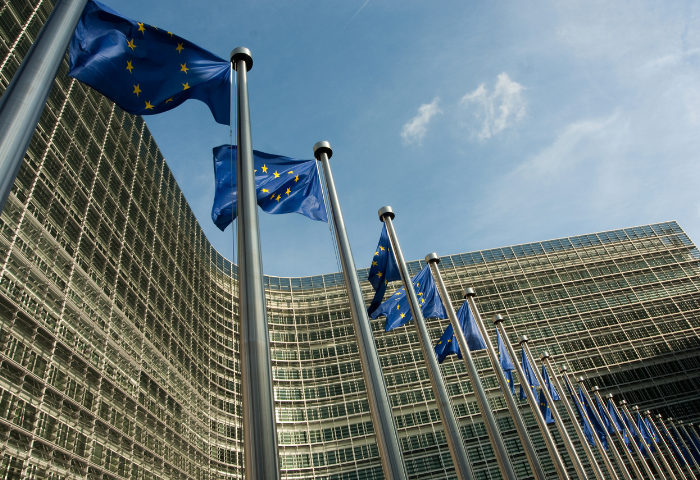
Doubling down on progress on renewables by 2030
Renewable energy deployment and electrification need to go hand in hand to reduce reliance on fossil fuels in all sectors. While the EU has implemented policies to boost renewable energy rollout, progress has not been sufficient to meet its self-set targets. The share of wind and solar in electricity has been increasing by 2.2 percentage points annually over the last past five years. In 2023, wind capacity expanded by 17GW, while solar capacity grew by 56GW, contributing to a 1 percentage point annual increase. The EU’s Renewable Energy Directive II (RED II) set an updated EU-wide renewables target of 42.5% by 2030. However, to meet 2030 targets, the growth rate of renewable electricity share needs to increase by 140%.

Energy efficiency first
Energy efficiency remains a critical factor in reducing fossil fuel imports. The EU is advancing the principle of "energy efficiency first" and established new goals under the Energy Efficiency Directive. However, Member States have faced challenges in achieving these targets. The rate of energy efficiency upgrades is still moving too slowly. Deep retrofits and the adoption of efficient technologies, such as heat pumps must accelerate with urgency. The renovation rate needs to at the very least double by 2030 to achieve the EU’s 2% renovation target.

Modernising the Electricity Grid
Upgrading the electricity grid is essential for integrating renewable energy and ensuring efficient operation and increased electrification. While investments in grid infrastructure are growing, additional funding is necessary. Some studies suggest that grid investments need to rise by 15% to 50%, under increased electrification. Without these enhancements, the costs of integrating renewables will remain high. The EU’s Grid Action Plan, which identifies measures to accelerate investments, including improved access to finance and streamlined permitting processes is a positive step forward. At the same time, the deployment of smart meters, crucial for enabling households to manage energy use, is progressing too slowly to meet the EU’s transition goals. Expanding the use of smart meters would help consumers reduce electricity bills and enhance the energy system’s reliability. Overcoming obstacles to grid digitalisation is also vital for improving efficiency, matching energy supply with demand and reducing system losses.

Improving flexibility and fostering innovation
Improving the flexibility of the electricity system is crucial for reducing reliance on imported fossil fuels and strengthening resilience. As the share of wind and solar energy increases, the system must adapt accordingly. The EU requires 200GW of energy storage by 2030, with flexibility needs predicted to double. Before the energy crisis, the EU aimed to rely on gas as the transition fuel that provides flexibility, but now this strategy has changed. Although a significant number of policies were implemented to promote non-fossil fuel flexibility sources, uptake has been insufficient. The implementation of RED III aims to expedite the permitting of storage facilities, while the electricity market design reforms seek to create a level playing field for flexibility services. Despite these efforts, significant gaps remain and there is a need to implement new policies. ECNO recommends establishing clear EU-wide targets for flexibility measures and investing in innovative long-term energy storage solutions, presenting a clear opportunity for the EU to lead.

Towards a resilient and clean energy future
The geopolitical challenges of recent years, notably the Russian invasion of Ukraine, have demonstrated the urgency of reducing Europe’s dependence on fossil fuels and building a robust, self-sufficient energy system based on renewables to enable electrification across sectors. The EU has made progress in expanding renewable energy, increasing electrification, modernising its grid and in the key area of energy efficiency. The pace of change is still too slow. The new competitiveness agenda of the EU needs to integrate dedicated measures to speed up the transition to a sustainable and secure future for all.







